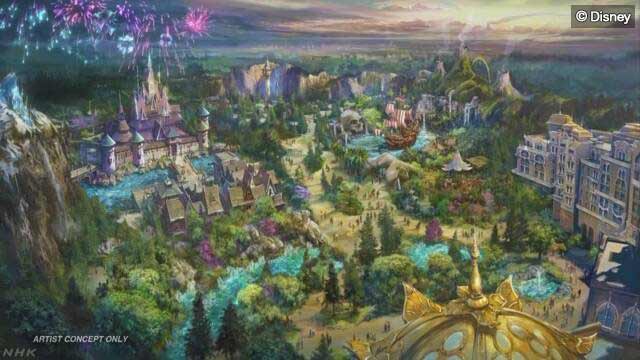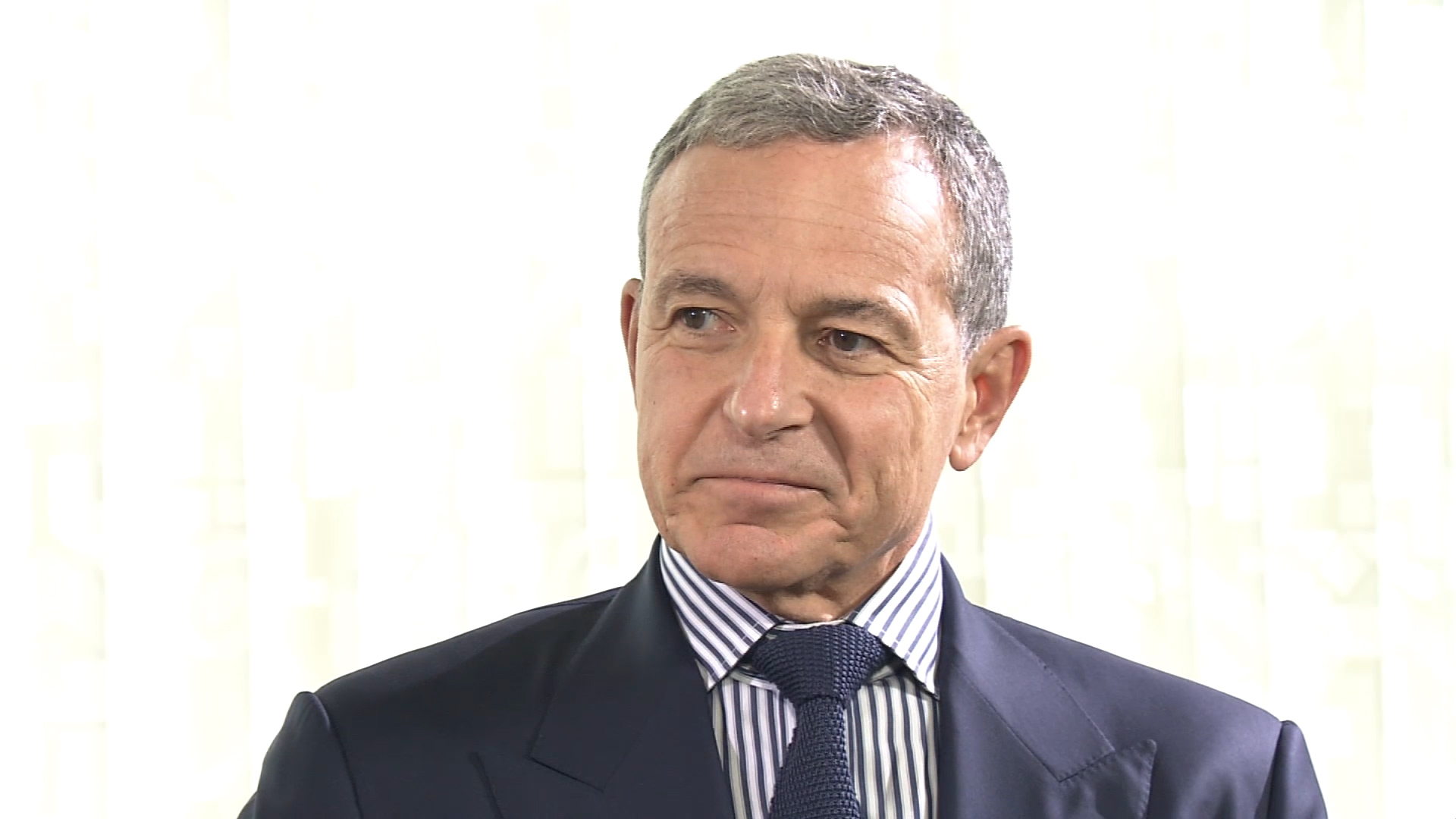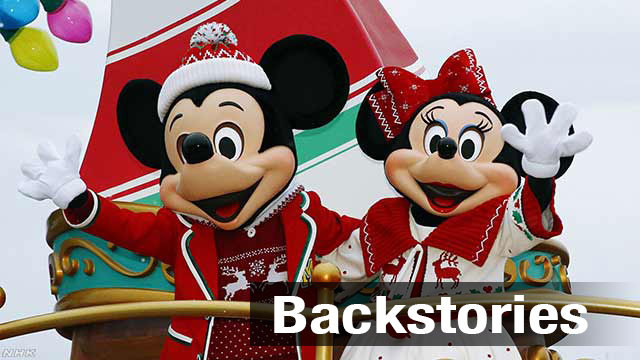The extension of Tokyo DisneySea to the adjacent 100-thousand-square-meter parking lot will cost about 2.3 billion dollars. The new park is scheduled to open in fiscal 2022. Iger calls it one of the biggest expansions of Tokyo Disney Resort in its 36-year history.
"We created a business, a theme park business, actually created by Walt Disney in the 1950s, to give people an immersive experience to allow them to actually enter into the world of many of the stories that we tell in other mediums, like motion pictures. And it's a very, very powerful experience for people. We tell stories about characters and about places that touch people’s hearts and last a lifetime and are relevant to people all over the world for generation after generation."
"We're expanding Tokyo Disney Sea so that we can tell more stories that we've told in another medium. For instance, Frozen will be a part of this expansion. Frozen began as an animated film -- a very successful animated film, and then we have the ability now to introduce people to that storytelling, or extend that storytelling, in a very different way, in a physical way."

Iger has been CEO of The Walt Disney Company since 2005 and has overseen the investment of nearly 86 billion dollars, with a sharp focus on the future. This has included successive acquisitions of media companies Pixar, Marvel, Lucasfilm and 21st Century Fox. Television networks also have been brought under its wing, ranging from the American Broadcasting Company (ABC), one of the U.S. big three, to pay-tv sports channel ESPN and National Geographic on digital cable and satellite. The acquisition strategy has transformed The Walt Disney Company into a media conglomerate.
"In 2005, we were seeing the beginnings of a lot of change in media across the world thanks to technology. A lot of disruption. But more than anything, what was happening is there was an expansion of storytelling because technology was allowing storytellers to create more stories and to distribute them in broader ways to more people.
"We thought that we wanted to expand our storytelling as well, but very specifically to expand with high-quality branded stories. Pixar was a very successful brand at that point, and we thought that telling stories with that brand name on them would create more value and the same was true for Marvel and the same was true certainly for Star Wars.
"We had an idea not just to tell any story, but to tell stories that were associated with very valuable and beloved brands, because we thought as more competition arose, as more stories were being told, that brands would become even more important even in the storytelling world.
"I think Walt Disney himself, if he had stayed alive, would have expanded his storytelling as well. Of course, we won't know, because he died in the 1960s. "

The media industry continues to see new entrants, in lock step with dramatic advancements in technology. Among them, Netflix and Amazon Prime Video are delivering content via the Internet to an ever-expanding global audience. Both are now producing their own content, making them powerful rivals for Disney.
To stay in the game, Disney acquired management rights to the video-on-demand service Hulu, a strong rival of Netflix. It is also launching its own video subscription service in the United States this autumn.
"The disruption that we've been seeing over certainly these 50 years, but over the last 10 years has been profound. We thought there was an inevitability to disruption due to technology. The world does not stay the same. It changes all the time. I think the speed of change has gotten faster and the changes that we’re seeing are even more profound, disrupting every part of our lives."
"I think Netflix is perhaps a great example of the impact of technology on not only storytelling but on how people buy and how they consume stories. We first licensed our content to Netflix to take advantage of their growth and now we've decided, as we've seen how much they've achieved, that we need to do that ourselves and that's what we’re doing. I'm impressed by what Netflix has been able to achieve at this point."
"I think it's a telling sign that technology has in fact disrupted the media and entertainment space in very big and important ways and you can't stop that from happening and you have to decide as a company whether you join the disruption or not. And if you don’t, you’re most likely to be affected negatively by it."
"We're not going to make our content available to other video-streaming platforms, at least in the United States. Outside the US, over time, we will do the same thing. We believe that we need to be in the business of distributing our content on streaming platforms direct to consumers, have a direct relationship with consumers. We intend to do that in the video-streaming space to take advantage of the changes that technology has brought to our business and to connect with our consumers and tell our stories in more direct, more relevant, more modern ways."
At the same time, Iger says, the key to Disney increasing its value is to maintain the core business it has nurtured all these years.
"We believe that, first of all, we still tell many great Disney stories and they have certain characteristics that remain evident and important to us and have value even today. Characteristics like touching, heart-warming stories, stories about adventure, stories about love, family stories, heroes’ journeys, stories about the battle of good versus evil and the triumph of good over evil.
"We know the world has changed a lot certainly in the over 50 years since Walt Disney was alive, and you could argue that the best way to stay relevant in a world that is so different is to change your brand values. I actually believe the opposite is true. I think the more you stick to, or adhere to your core values, the more valuable you are."
Iger's term as CEO ends in December 2021. That's plenty of time for the company to undergo yet another transformation, and as Iger says, the next innovation in technology will be key.

